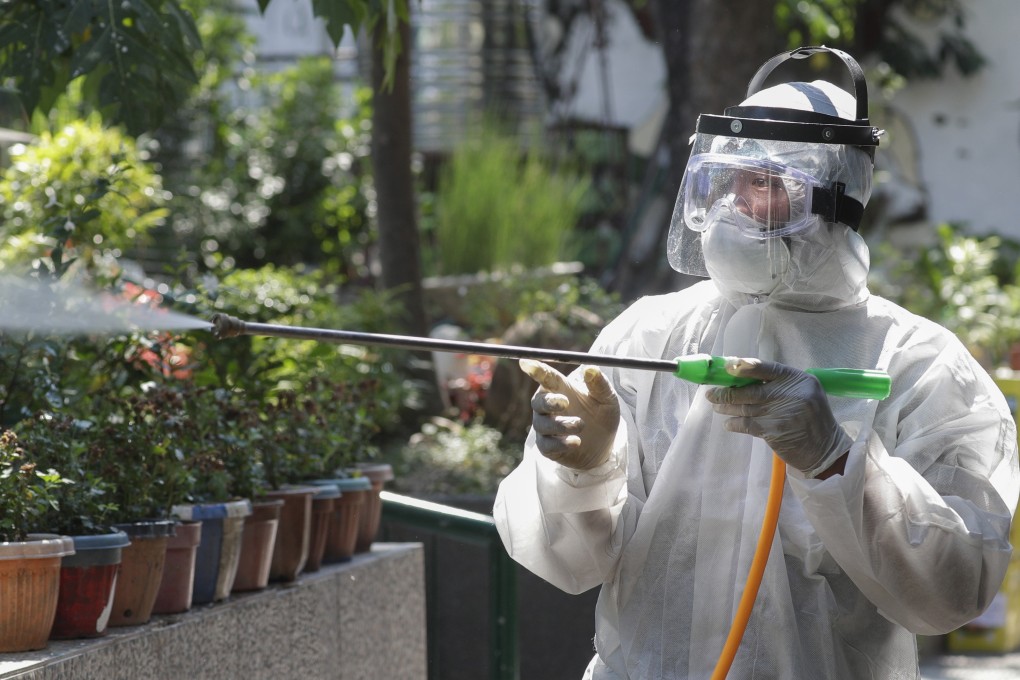Philippines declares public health emergency, sets ‘no-touch’ rule on Duterte, as coronavirus cases rise to 20
- The declaration enables the Philippines to launch a whole-of-government effort to handle the widening coronavirus outbreak
- Meanwhile, people have been warned to avoid contact with Duterte, a leader who enjoys being surrounded by crowds and often hugs citizens

Health assistant secretary Rosario Vergeire on Monday said “intensified surveillance” was the reason the country saw a spike of 15 new infections over a span of four days.
According to the Presidential Proclamation 922, the Covid-19 outbreak “constitutes an emergency that threatens national security which requires a whole-of-government response”.
The declaration would enable the government, with the aid of the police and other national agencies, to “enforce quarantine and disease control prevention measures”, as well as “capacitate” local government units to prevent loss of lives and “contain or prevent the spread of Covid-19”.
The move came two weeks after Health Secretary Francisco Duque wrote to Duterte’s chief aide, Salvador Medialdea, to advise the palace to issue such a declaration “in the event of local transmission” to ease procurement processes and access to funding, and enable authorities to impose community lockdowns and travel restrictions.